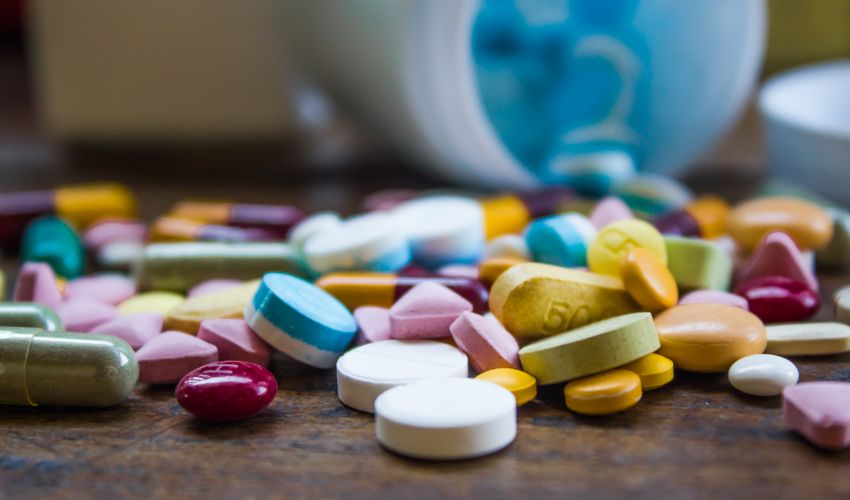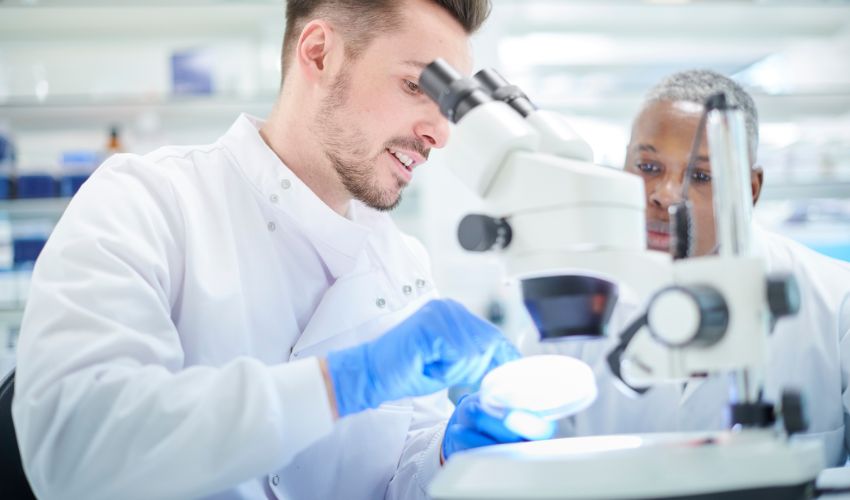Pharmaceuticals are a vital component of modern healthcare. These medications have transformed the way we prevent, treat, and manage diseases and disorders, improving the quality of life for millions of people around the world.
What are Pharmaceuticals?
Pharmaceuticals, or drugs, are chemical substances that have a therapeutic effect on the body. They are used to treat diseases and disorders, alleviate symptoms, prevent illness and infection, and improve overall health and well-being.
Pharmaceuticals have been around for thousands of years. Early remedies were made from plants, minerals, and animal parts, and were often based on trial and error. Over time, scientific advances in chemistry, biology, and medicine led to the development of more effective and targeted medications.
How do Pharmaceuticals work?
Pharmaceuticals work by interacting with specific biological targets in the body, such as enzymes, receptors, and proteins. By targeting these molecules, drugs can alter the biochemical processes that underlie disease, restoring balance and improving health.
Pharmaceuticals can be classified into several categories based on their mode of action, chemical structure, and therapeutic use. Some common categories of drugs include:
- Antibiotics: medications that kill or inhibit the growth of bacteria.
- Antidepressants: medications that alleviate the symptoms of depression and other mood disorders.
- Antihypertensives: medications that lower blood pressure and reduce the risk of cardiovascular disease.
- Anti-inflammatories: medications that reduce inflammation and pain.
- Antipsychotics: medications that treat psychotic disorders, such as schizophrenia and bipolar disorder.
How are Pharmaceuticals developed?
The development of a new drug can take over a decade and cost billions of dollars. The process begins with the identification of a biological target, such as a disease-causing protein. Scientists then search for molecules that can interact with this target and modify its activity, often using high-throughput screening methods.
Once a promising candidate is identified, it undergoes several rounds of preclinical testing in animals to assess its safety and efficacy. If it passes these tests, it can then proceed to clinical trials in humans, where its safety and effectiveness are evaluated in several phases.
Finally, if a drug is found to be safe and effective, it can be approved for use by the public by regulatory agencies such as the FDA in the United States. Once approved, the drug is monitored for any adverse effects and may be subject to post-market surveillance.

The Role of Pharmaceuticals in Healthcare
Pharmaceuticals play a crucial role in healthcare by treating diseases and disorders, preventing illnesses and infections, managing chronic conditions, and enhancing the quality of life. They allow people to live longer, healthier lives and reduce the burden of illness on individuals and society.
Pharmaceuticals have also had a significant impact on public health. For example, vaccines have eradicated diseases such as smallpox and drastically reduced the incidence of others, such as polio and measles. Antibiotics have saved countless lives by treating bacterial infections that were once deadly.
The Future of Pharmaceuticals
The future of Pharmaceuticals is exciting, with new areas of research such as precision medicine, gene therapy, and nanomedicine holding promise for the development of more personalized and effective treatments. AI and machine learning can also help to accelerate drug discovery and improve patient outcomes.
Despite the many benefits of Pharmaceuticals, there are also challenges to their development and use. Rising drug prices, the emergence of drug-resistant pathogens, and the potential for adverse effects are all areas of concern. However, with continued research and innovation, Pharmaceuticals will continue to play a critical role in improving human health for years to come.
FAQs:
Q. What are Pharmaceuticals? A. Pharmaceuticals are drugs or medicines used to treat, prevent, or cure diseases and disorders.
Q. What is the history of Pharmaceuticals? A. Medicines have been used for thousands of years, with early remedies made from natural sources like plants, minerals, and animals. The birth of modern medicine is often credited to Louis Pasteur, who discovered the germ theory of disease in the 19th century. The golden age of Pharmaceuticals began in the mid-20th century with the discovery of antibiotics, vaccines, and other life-saving drugs.
Q. How are Pharmaceuticals developed? A. Drug discovery and development is a complex process that involves many stages, from target identification to clinical trials. Scientists work to
find molecules that can interact with specific biological targets in the body, and then test them for safety and efficacy in animal and human studies. Once a promising candidate is identified, it undergoes several rounds of clinical trials before it can be approved for use by the public.
Q. What is the role of Pharmaceuticals in healthcare? A. Pharmaceuticals play a crucial role in healthcare by treating diseases and disorders, preventing illnesses and infections, managing chronic conditions, and enhancing the quality of life. They allow people to live longer, healthier lives and reduce the burden of illness on individuals and society.
What is the future of Pharmaceuticals?
The future of Pharmaceuticals is exciting, with new areas of research such as precision medicine, gene therapy, and nanomedicine holding promise for the development of more personalized and effective treatments. AI and machine learning can also help to accelerate drug discovery and improve patient outcomes.
How can I ensure the safety and efficacy of the Pharmaceuticals I take?

Always consult with a healthcare professional before taking any medications, and follow their instructions carefully. Be sure to inform your doctor of any medical conditions, allergies, or other medications you are taking to avoid potential interactions. Only take medications that have been prescribed to you or purchased from a reputable source.
Conclusion:
Pharmaceuticals have come a long way since the early remedies of ancient times. They have revolutionized healthcare, allowing us to treat, prevent, and cure diseases that were once deadly. As we continue to advance in our understanding of medicine and the human body, new breakthroughs and discoveries will pave the way for even more effective treatments. Pharmaceuticals will continue to play a crucial role in improving the health and well-being of people around the world.






















